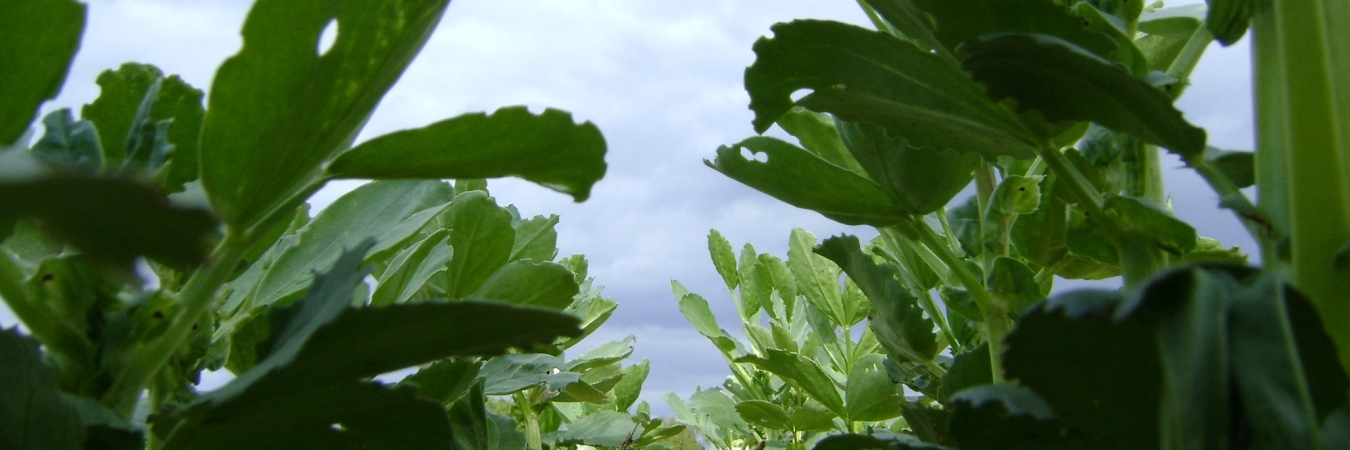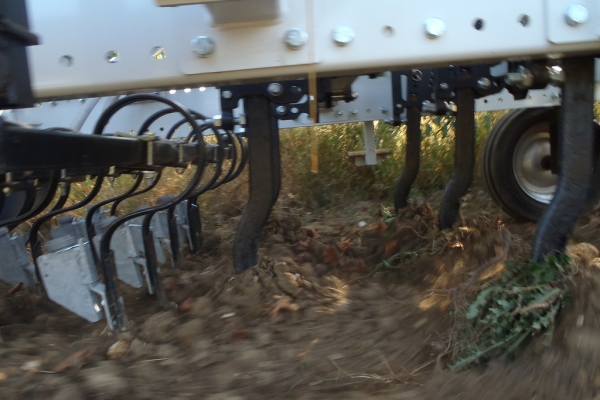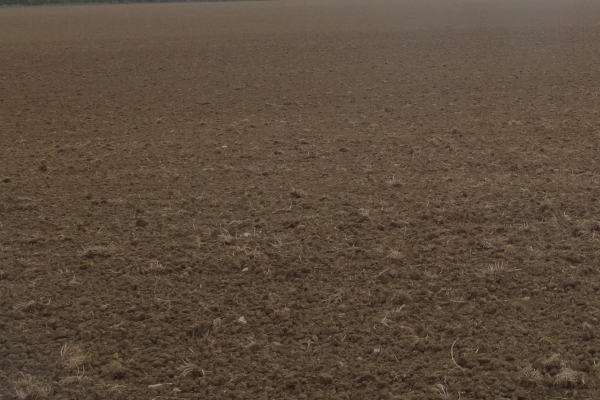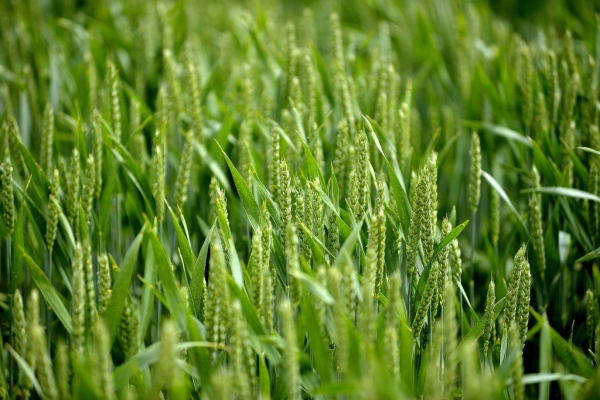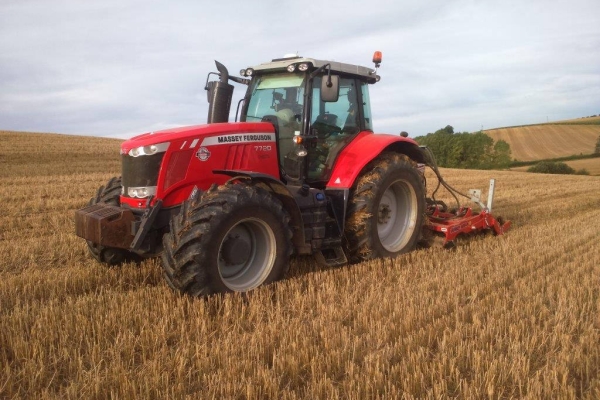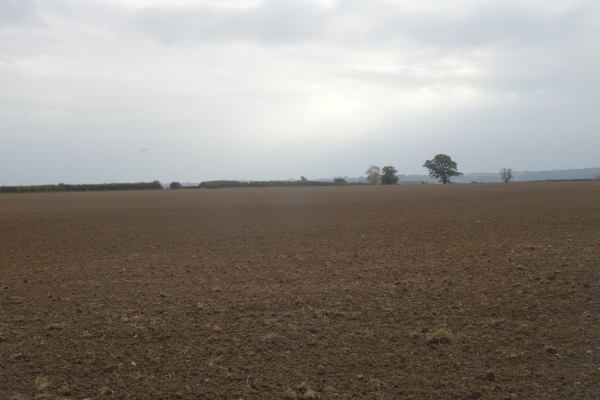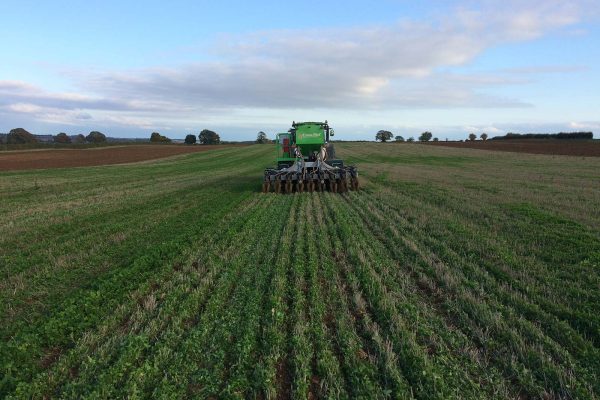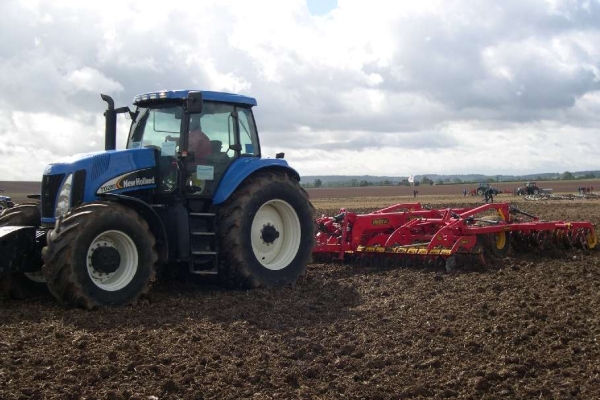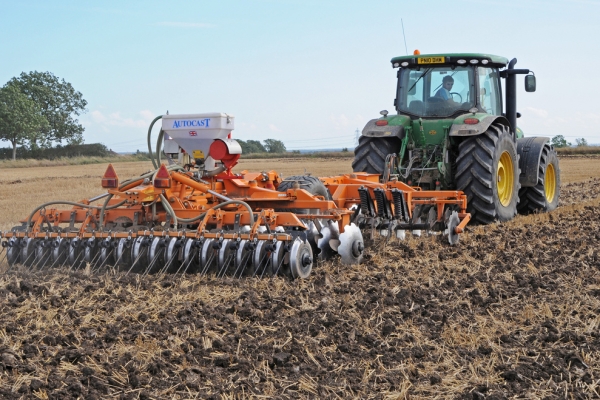Practical recommendations on reduced tillage systems
Resource explained
This 4.42 minute video is footage of Wijnand Sukkel, a scientist involved in the European TILMAN-ORG project, talking about some key issues associated with reduced tillage that were explored in the project. He shares some practical recommendations for implementation under organic farming conditions.
He talks about:
- Different soil cultivation implements that can be used as an alternative to the plough, and what they can do;
- Weed control management and the necessity to adjust the settings on harrows in order to make management more effective;
- Crops that can be particularly challenging to cultivate using reduced tillage, explaining why;
- Incorporation of green manures;
- Challenges associated with crop residues when you do not plough;
- Impact of reduced tillage on nitrogen requirements and low-mineralisation and;
- Issues with soil compaction and systems used in the Netherlands to manage this and ensure that reduced tillage is most effective.
Findings & recommendations
- There are various implements that can be used to loosen soil and avoid compaction. Shallow ploughing combines the advantages of working in crop residues and weeds, but still keeping the tillage quite shallow.
- You need to use much more aggressive weed control settings on your harrow when you do not plough in order to achieve optimum effect.
- There are particularly challenges with growing crops that need a very fine seed bed preparation, are slow to emerge and do not compete well with weeds, such as carrots and onions.
- If you have an early developing crop, there can be problems with shortage of nitrogen, this can be overcome by supplementing with a nitrogen-rich fertiliser such as slurry, but it should only be required in small quantities (i.e. 15kg) at the beginning of the cropping cycle.
- When making the transition to reduced tillage systems, compaction can be quite a big issue. A controlled traffic system (in larger fields) can be used to manage this.
Related articles
This TILMAN-ORG project video provides useful insights from farmers who have have adopted reduced tillage on their farms.
Interesting results from a 5-year reduced cultivation trial that took place at the Salle Park Estate, Norfolk, to assess the impact of contrasting tillage regimes...
Pest, weed and disease management in reduced tillage cropping systems; factors to consider and actions you can take.
A guide to potential benefits and implications of integrating reduced tillage into your farm management system.
A report summarising results from a review which looks at the extent by which reduced tillage practices and organic material returns could increase the organic...
The final report for Innovative Farmers field lab trials which aimed to determine the impacts of living mulches on cash crop yields and weed composition.
Potential benefits and problems with using reduced tillage in organic systems and how it impacts on weed control.
The impacts of reduced tillage methods on crop yield, fertility building and weeds; some key messages from the TILMAN-ORG project.
